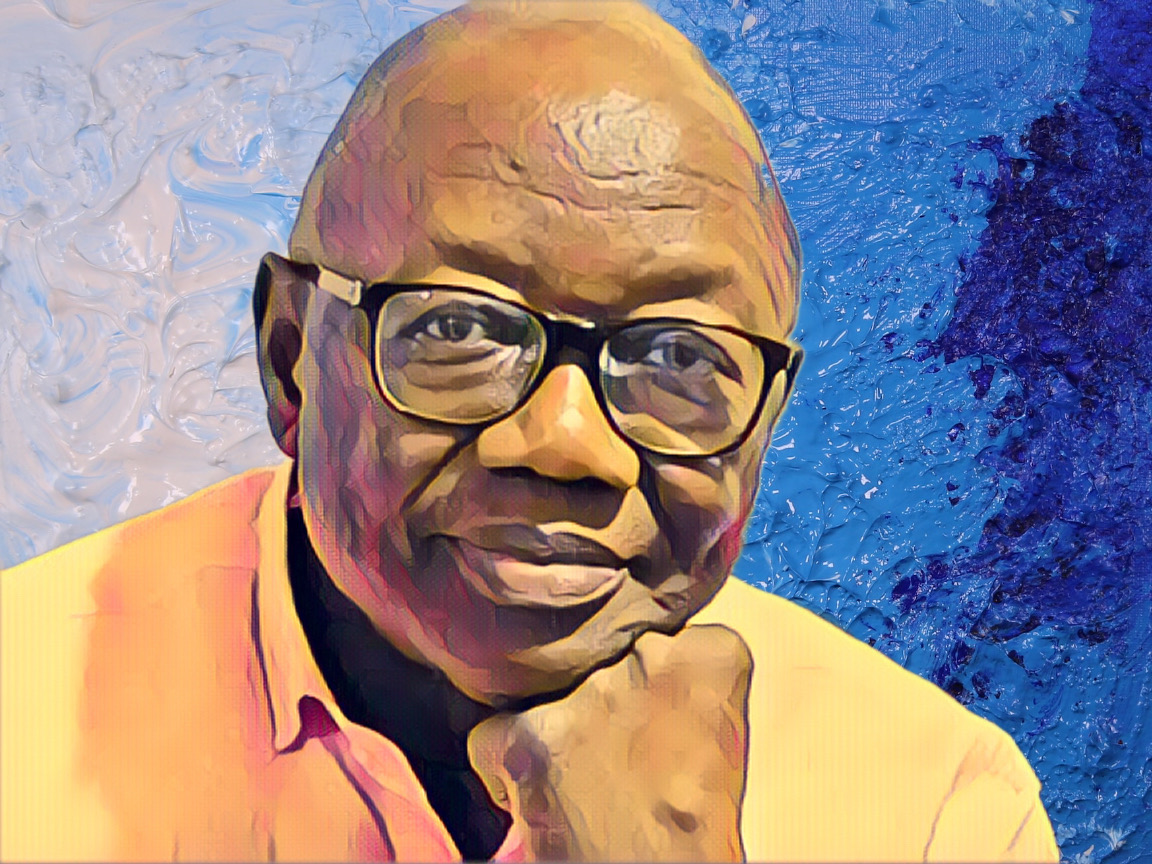The resignation of Sierra Leone’s minister of energy, Kanja Sesay, was announced on Friday, during a serious electrical power crisis that has plagued the nation for weeks. His departure came just after the government declared it had started paying off large debts to energy companies, indicating a step in the right direction toward ending the power outages that have afflicted Freetown, the nation’s capital, and other large cities.
After frequent power outages throughout Sierra Leone that severely impacted daily life and necessary services, the resignation was announced. After Sesay acknowledged full responsibility for the issue in his resignation letter, President Julius Maada Bio’s administration declared that the president would now have direct control over the energy ministry.
On the same day, the government issued a statement revealing that it had made a payment of $17 million out of the $48 million owed to Karpowership, a Turkey-based company that supplies electricity to Freetown. This company has been a major player in Sierra Leone’s power sector, and the government’s inability to meet its financial obligations to Karpowership had worsen the energy shortages.
A representative for Karpowership declared that the capital’s electrical supply had been entirely restored and acknowledged receipt of the money. As a major step toward stabilizing the power situation, the company said, “We are glad to confirm that the power supply at full capacity to Sierra Leone has been restored.”
The situation has reached its peak since the middle of April, impacting not only Freetown but also major cities like Bo, Kenema, and Koidu, where people had to live without power for extended periods of time. Karpowership informed Reuters on April 19 that, as a result of non-payment, the company has lowered its initial 60 megawatts of electricity supply to just six megawatts. The business emphasized that it had not received reimbursements from the government of Sierra Leone for a long period, which hindered its ability to pay for fuel supplies.
There were disastrous effects from unreliable electricity. Before the latest problem, Karpowership had turned off the lights in Freetown in September because of an outstanding debt of almost $40 million. These blackouts had an especially severe effect on medical facilities. At least one baby has perished as a result of the blackout, according to Dr. Jeredine George of Sierra Leone’s major children’s hospital. Healthcare professionals were compelled to perform medical procedures using the flashlights on their cell phones, highlighting the terrible effects of the power outages.
The government also revealed that, in addition to paying Karpowership, it had paid $1.5 million to TRANSCO-CLSG, an additional electricity supplier serving the eastern and southern regions of the nation. This action taken by the government represents a concerted effort to address the financial issues contributing to the energy crisis.
The set of circumstances that resulted in Sesay’s resignation and the subsequent measures taken by the government highlight the difficulties Sierra Leone’s energy sector is facing. These events led to conversations on the need for long-term fixes to guarantee a steady and dependable supply of electricity and avoid any further emergencies that could have severe effects on the country’s stability, economy, and general health.



